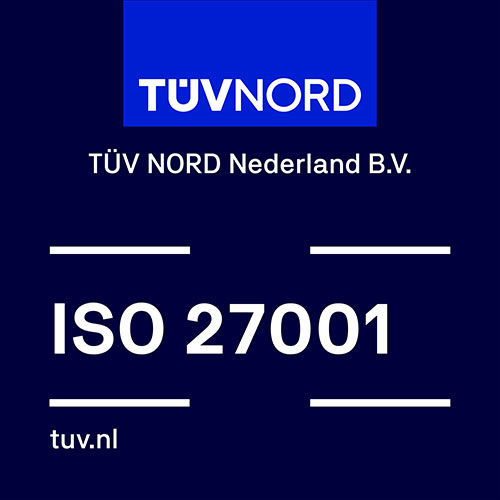Our experience shows that companies achieve success faster if they start with a broad data science program. More successes are celebrated when executive and employee training is also chosen, pilots are conducted and data science competencies are increased sustainably.
What successes can be celebrated if you go full data science?
A key driver behind many data science initiatives is cost savings. These quickly run into the tens of percent and ditto euros, depending on the size of the company and its initiatives. In addition, by cleverly combining internal -and external data, companies can arrive at new products or propositions that tap into new revenue sources (the AirBNB effect). Finally, prediction models lead to better understanding and faster decision-making processes.
So what does such a program look like and what should I do for it?
One model we like to use is the DELTA model, which provides tools for a successful transition to a data-driven organization. DELTA provides the five perspectives, through which you transform a business (data-driven). This means, organizing data science around the following five areas; Data, Enterprise, Leadership, Technology and Analysts. In particular Leadership and Analysts, are the decisive success factors. The top of the company sets the “tone of voice” around data science and is crucial to its success. The second crucial factor is Analysts, being the men and women who develop and implement algorithms and models. These are very scarce, as well as colleagues who provide the link between the data scientist and the boardroom. In our experience, a flying start is created when you work with a pool of several scientists. This allows a number of data science tracks to be done in parallel, creates momentum, increases competencies and allows low-hanging fruit to be quickly cashed in.
Want to learn more about DELTA’s approach and data science programs? Call Pipple: 040 3033 252

